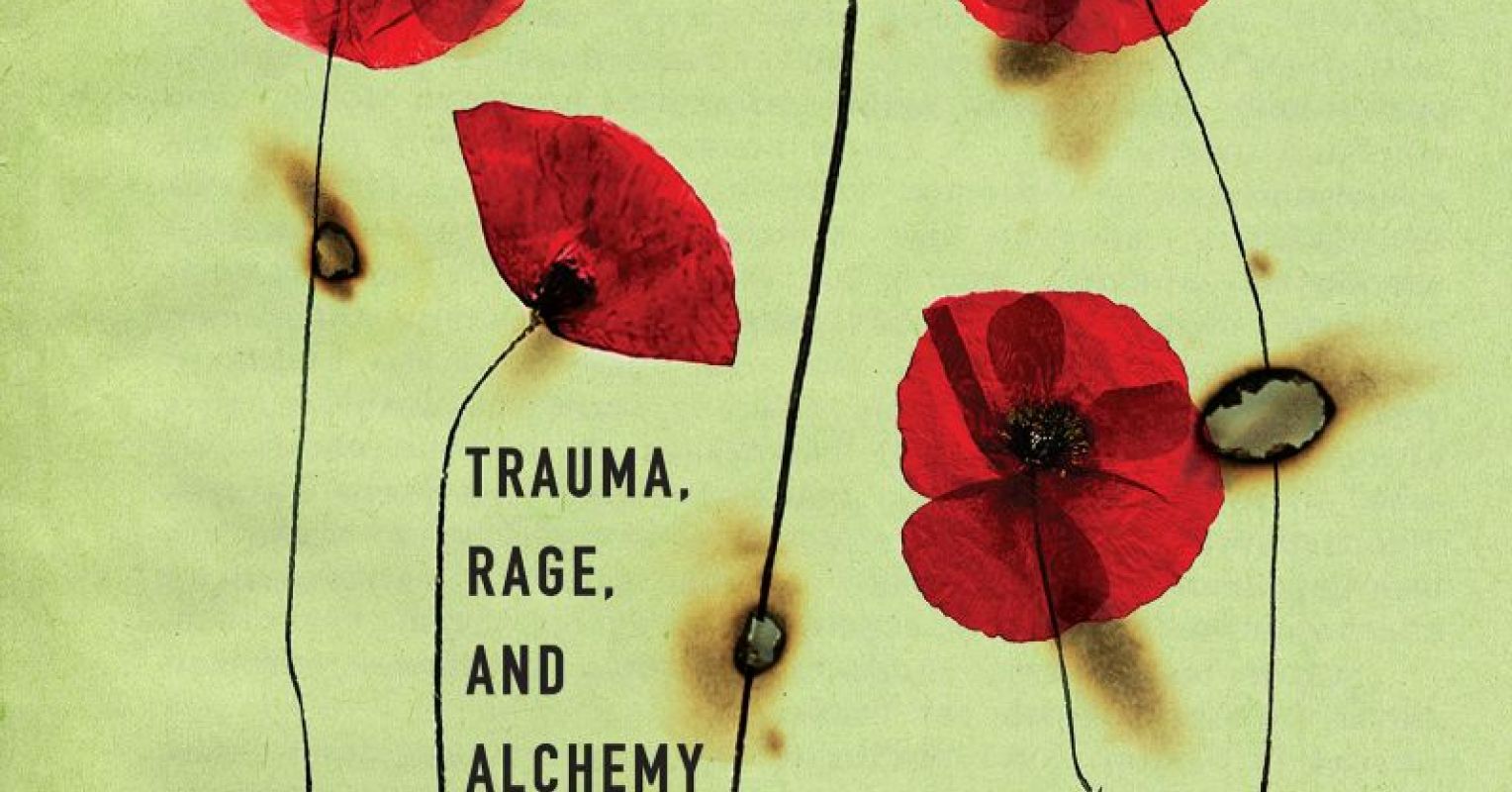
"It takes abused women an average of seven times to escape, and one in four women experience domestic violence in their lifetimes. In the U.S., almost three women per day are killed by an intimate partner. As a science writer covering our impacts on the natural world, I've seen many parallels between oppressed women and the domination of nature. And the relationship between gender parity and climate solutions is one of the top forces in the world to help us solve the climate crisis."
"Women who escape and heal have something unique to share. They've managed to get out from under the silencing and systems in place that normalize and enable the abuse. When they write about it, let alone turn that writing into a gift of universal power, it helps bend the cultural arc of justice. In such a harrowing experience, beautifully rendered, we can receive that gift as it is given. As she writes in our interview: I said to the world, "This stops here.""
One in four women experience domestic violence, and abused women average seven attempts before escaping; nearly three women per day in the U.S. are killed by an intimate partner. Survivors who escape and heal carry enduring baggage that reshapes relationships and worldview, yet can transform harrowing abuse into a source of power that advances justice. Parallels between the domination of women and domination of the natural world link gender parity to effective climate solutions. When survivors reclaim voice and agency, their testimonies and transformations can bend cultural systems toward accountability and collective healing.
Read at Psychology Today
Unable to calculate read time
Collection
[
|
...
]